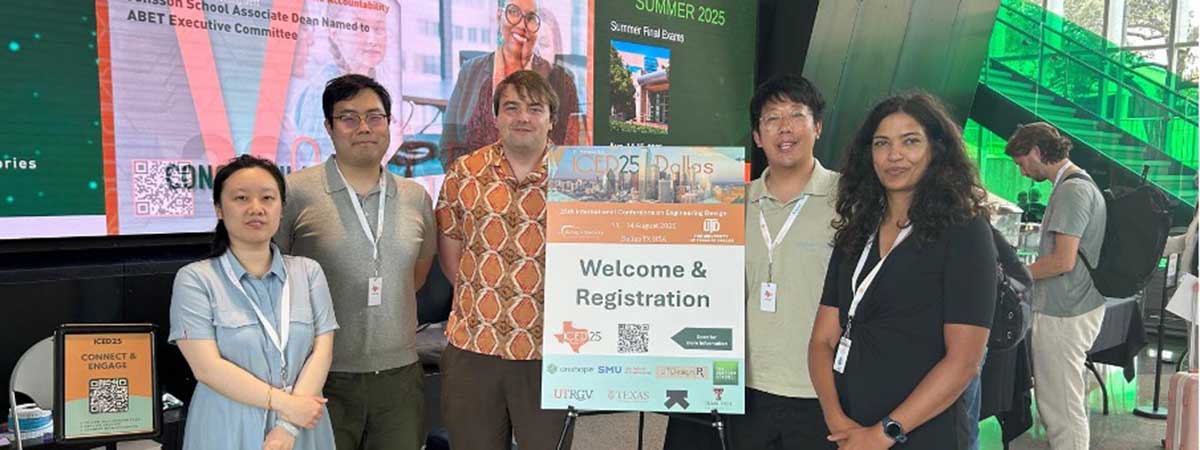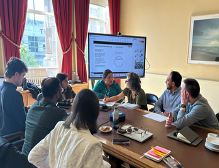On 16 April 2024, Prof. Sarah Hartley & Dr Hugh Williamson (University of Exeter) with Pat Thomas and Lawrence Woodward (A Bigger Conversation) hosted a worshhop on The Future of Digital Technology in Agroecology at the University of Exeter’s Reed Hall.
Background:
In February 2024, the UK Prime Minister, Rishi Sunak, delivered a speech to the National Farmers’ Union Conference in which he announced a £220 million package of funding for technology and innovation in British farming. The UK government already supports ‘agri-tech’ in farming to improve efficiency, profitability, and resilience in the agricultural sector. Yet this vision for agri-tech – that values efficiency, profitability, and resilience – is just one of many visions of the role of technology in agriculture. Our research suggests there are multiple visions that reflect the broad range of values in British farming. It is not yet clear which visions Sunak’s government intends to support. This workshop explores the plurality of visions of digital technology in agroecology – a sustainable approach to agriculture that applies ecological concepts and principles in farming such as organic farming, silvopasture and regenerative agriculture that are underpinned by commitments to food sovereignty and social justice. Digital technology includes digital devices, systems, and processes that help to create, store, and manage data. These might include farm management software, surveillance systems, traceability, and soil health monitoring systems. This workshop presents a timely opportunity to disrupt common assumptions that digital technology serves industrialised approaches to agriculture, or that agroecologists do not want or need technology. Instead, we will explore success stories of digital technologies in agroecology and explore what future technology might be needed in this sector. The aim is to start a conversation able to shape the future of agri-tech so that it serves a broader purpose.




